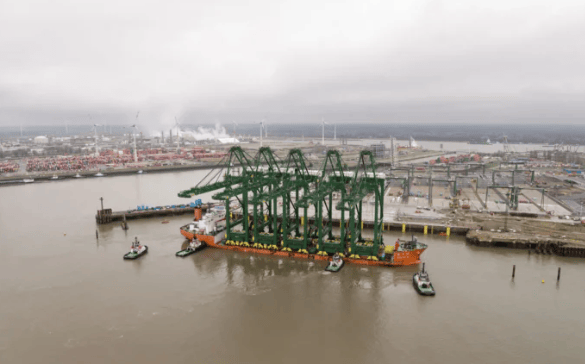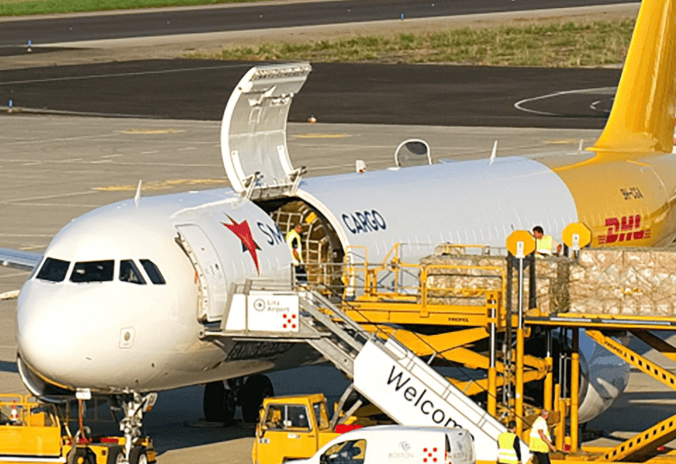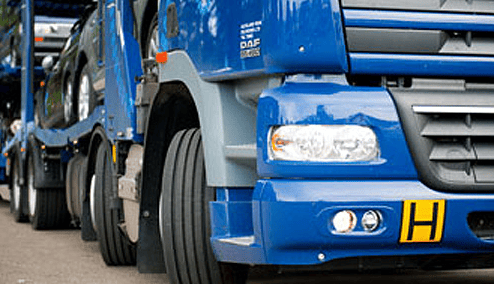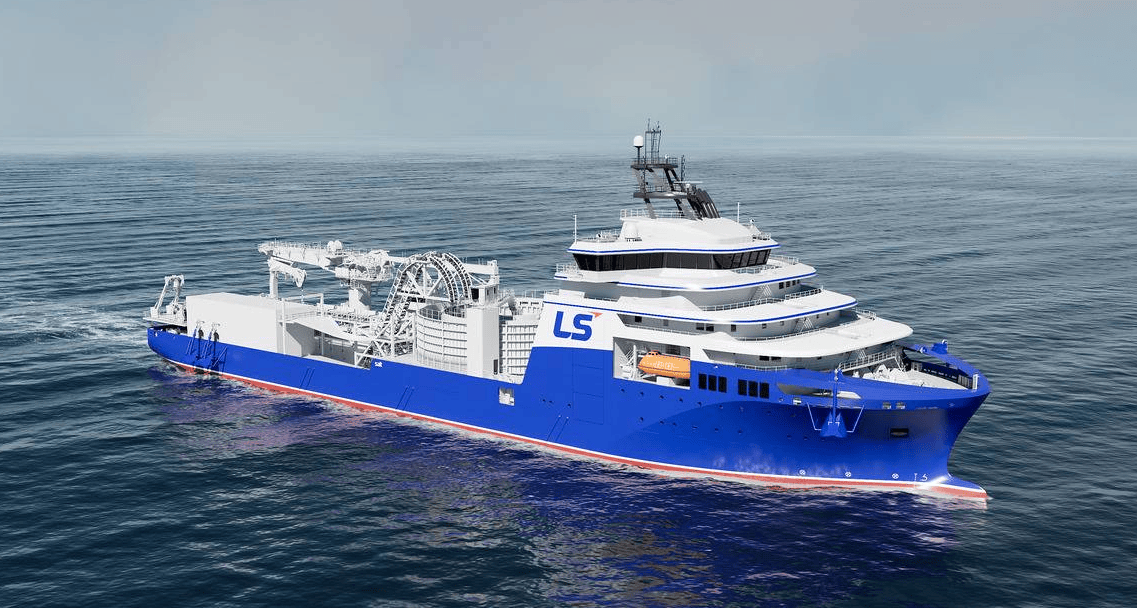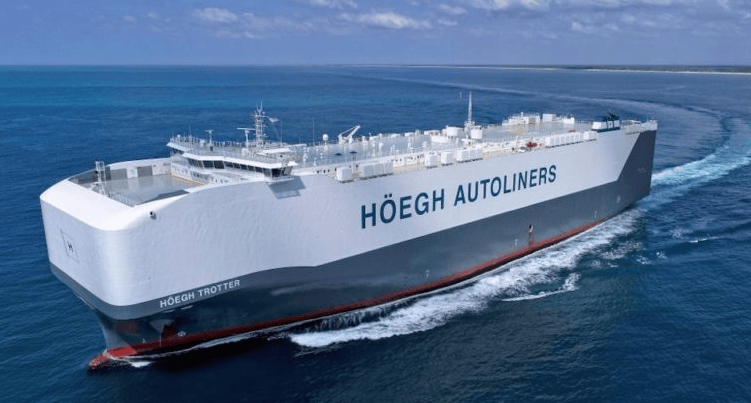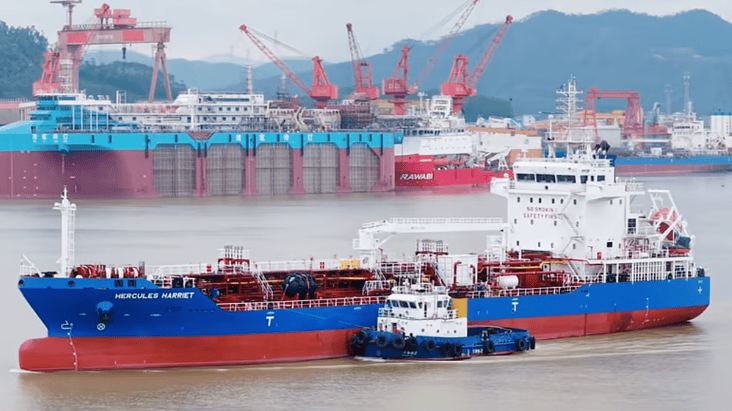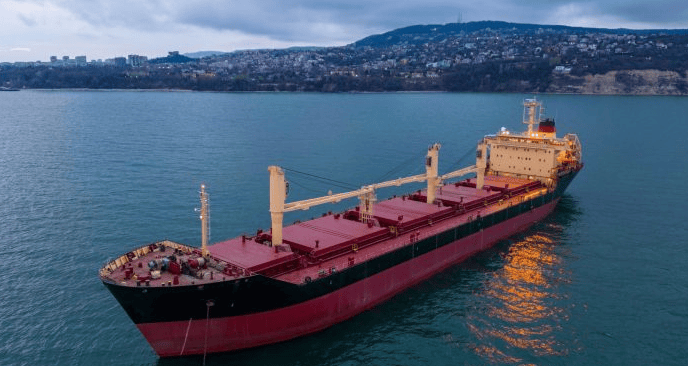Wedoany.com Report-Nov. 26, The Port of Rotterdam Authority and Germany's HGK-Group have signed a Memorandum of Understanding to develop low-carbon supply chains along the Rhine corridor, the two organisations announced this week.
The cooperation focuses on establishing efficient multimodal transport solutions for green hydrogen, renewable fuels, and carbon capture, utilisation, and storage (CCUS) projects, while strengthening the overall logistics network between Rotterdam and industrial centres in North Rhine-Westphalia.
"With our cooperation, we want to create a resilient supply chain concept for scaling hydrogen and carbon capture, utilisation, and storage (CCUS) – from efficient multimodal transport solutions to the creation of central transshipment and supply structures. Strengthening the Rhine corridor plays a key role in this, especially for the strong chemical cluster in the Cologne region," said Steffen Bauer, CEO of HGK-Group.
HGK-Group operates an extensive inland waterway fleet, holds a stake in freight railway operator RheinCargo, and manages multiple Rhine ports, making it a central logistics provider for energy-intensive industries in western Germany.
"This collaboration with the HGK-Group strengthens our ambition to position Rotterdam not only as Europe's energy hub, but also as a driving force behind the decarbonisation of industry and logistic supply chains. Only by jointly investing in infrastructure for green fuels and CO2 storage, we can create a future-proof Rhine corridor, which is essential for the energy transition in Europe," said Matthijs van Doorn, Vice President Commercial at the Port of Rotterdam Authority.
A joint coordination platform will meet quarterly to advance specific projects, including infrastructure for importing and distributing green ammonia, methanol, liquid hydrogen, and other renewable energy carriers, as well as cross-border CO2 transport and storage initiatives.
The Port of Rotterdam continues its transition into a major hub for sustainable energy imports and low-carbon industrial feedstocks, while leveraging its strategic position at the mouth of the Rhine to serve inland European markets.
The agreement builds on both parties' existing capabilities in inland shipping, rail transport, and port operations to support the wider adoption of climate-friendly energy solutions across northwest Europe.












